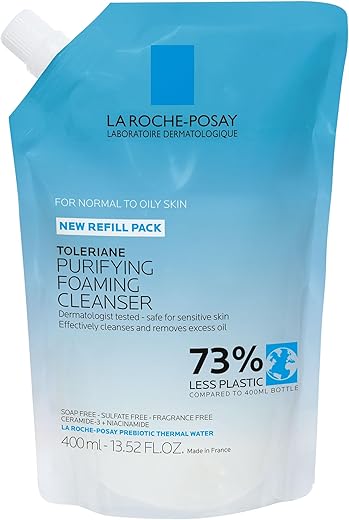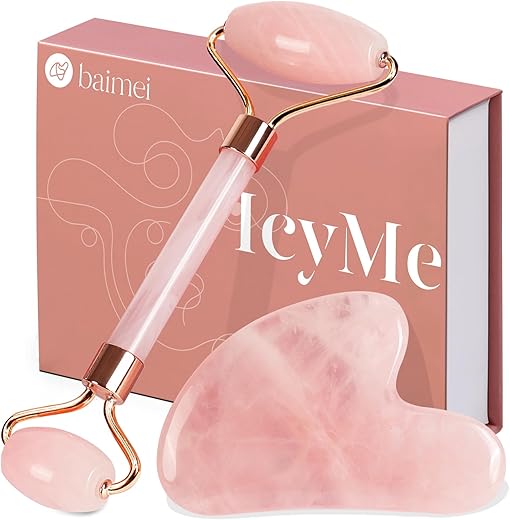
How to Choose the Right Face Soothing Cream for your Skin Type
Are you tired of dealing with irritated, red, or dry skin on your face? Do you long for a soothing cream that can provide the relief and nourishment your skin needs? We understand the frustration and confusion that comes with trying to find the perfect face cream for your specific skin type. That’s why we’ve created this blog post to help you navigate through the overwhelming options and make an informed decision. Whether you have oily, dry, sensitive, or combination skin, we’ve got you covered. Say goodbye to skin woes and hello to a radiant, healthy complexion as we delve into the world of choosing the right face soothing cream for your skin type.
Top-selling face soothing cream for ultimate skin relief


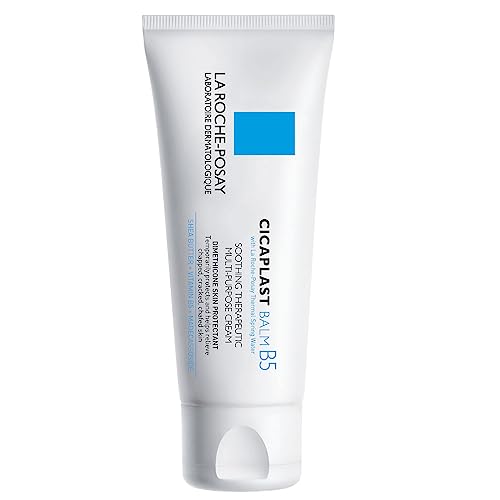



Understanding Your Skin Type
When it comes to skincare, understanding your skin type is crucial. Each person’s skin is unique, and different skin types have different needs and concerns. By identifying your skin type, you can choose the right products and develop a skincare routine that caters to your specific needs. In this blog section, we will explore the characteristics of oily, dry, combination, and sensitive skin, and how they can influence the choice of a face soothing cream.



Oily Skin
Characteristics:
- Excess sebum production
- Shiny and greasy appearance
- Prone to acne and blemishes
Specific Needs and Concerns:
- Control sebum production
- Prevent breakouts
- Mattify the skin
Face Soothing Cream for Oily Skin:
- Oil-free formula
- Lightweight and non-greasy texture
- Mattifying properties
- Contains ingredients like salicylic acid to treat acne
Dry Skin
Characteristics:
- Lack of natural oils
- Tight and rough texture
- Flaky and itchy patches
Specific Needs and Concerns:
- Hydration and moisture
- Protection against dryness
- Soothing and nourishment
Face Soothing Cream for Dry Skin:
- Rich and creamy texture
- Deeply hydrating ingredients like hyaluronic acid
- Emollients to provide a protective barrier
- Contains ingredients like ceramides to restore the skin’s natural moisture balance
Combination Skin
Characteristics:
- Oily T-zone (forehead, nose, and chin)
- Dry or normal cheeks
Specific Needs and Concerns:
- Balance oil production in the T-zone
- Hydration for dry areas
- Prevent breakouts and dryness simultaneously
Face Soothing Cream for Combination Skin:
- Lightweight texture
- Mattifying properties for the T-zone
- Hydrating ingredients for the dry areas
- Non-comedogenic to avoid clogging pores
Sensitive Skin
Characteristics:
- Easily irritated and reactive
- Prone to redness and rashes
- Allergies to certain ingredients
Specific Needs and Concerns:
- Gentle and soothing ingredients
- Minimal fragrance and additives
- Anti-inflammatory properties
Face Soothing Cream for Sensitive Skin:
- Hypoallergenic formula
- Fragrance-free and without harsh chemicals
- Gentle and calming ingredients like aloe vera or chamomile extract
- Suitable for those with allergies or sensitivities
Identifying Key Ingredients
When it comes to choosing a face soothing cream, understanding the key ingredients is crucial. These ingredients play a vital role in addressing specific skin concerns and promoting a soothing effect. In this blog section, we will explore some essential ingredients to look for in a face soothing cream and their benefits.


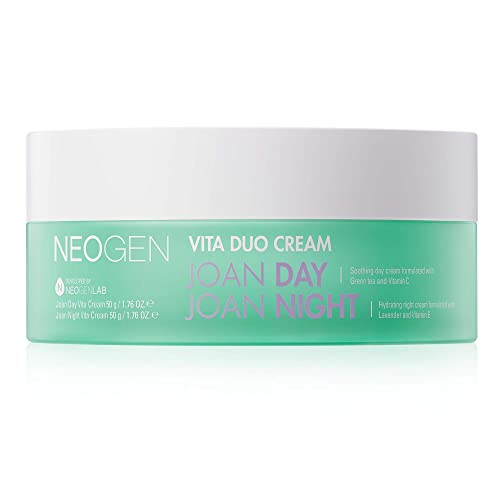
Aloe Vera
Aloe vera is a popular ingredient known for its soothing and healing properties. It is rich in antioxidants, vitamins, and minerals that help calm irritated skin and reduce redness. The benefits of aloe vera in face soothing creams include:
- Hydration: Aloe vera helps lock in moisture, keeping the skin hydrated and preventing dryness.
- Anti-inflammatory: It reduces inflammation and soothes skin conditions like eczema and rosacea.
- Healing properties: Aloe vera promotes cell regeneration, aiding in the healing of wounds and minor skin irritations.
- Anti-aging effects: It stimulates collagen production, reducing the appearance of fine lines and wrinkles.
Chamomile
Chamomile is another powerful ingredient often found in face soothing creams. It has been used for centuries for its calming and anti-inflammatory properties. Some benefits of chamomile in face soothing creams include:
- Soothing effect: Chamomile calms sensitive and irritated skin, providing relief from itching and redness.
- Antioxidant-rich: It contains antioxidants that protect the skin from free radicals and environmental damage.
- Anti-bacterial: Chamomile helps fight bacteria and prevent acne breakouts.
- Skin brightening: It can help even out skin tone and reduce the appearance of dark spots.
Hyaluronic Acid
Hyaluronic acid is a hydrating ingredient that can be found in many face soothing creams. It is naturally present in our skin and has the ability to hold moisture, providing a plumping and soothing effect. Some benefits of hyaluronic acid in face soothing creams include:
- Intense hydration: Hyaluronic acid can hold up to 1000 times its weight in water, providing deep hydration to the skin.
- Soothes dryness: It helps alleviate dry and flaky skin, leaving it smooth and supple.
- Plumps and firms: Hyaluronic acid helps reduce the appearance of fine lines and wrinkles by plumping the skin.
- Improves elasticity: It enhances the skin’s elasticity, making it firmer and more youthful-looking.
Antioxidants
Antioxidants are essential in face soothing creams as they protect the skin from free radicals and oxidative stress. They help maintain the skin’s health and prevent premature aging. Some common antioxidants found in face soothing creams include:
- Vitamin C: Brightens the skin, improves collagen production, and reduces the appearance of fine lines.
- Vitamin E: Nourishes and hydrates the skin, improving its texture and elasticity.
- Green tea extract: Soothes inflammation, fights bacteria, and reduces redness.
- Grape seed extract: Protects the skin from sun damage, reduces the appearance of wrinkles, and promotes collagen production.
In summary, when choosing a face soothing cream, look for ingredients like aloe vera, chamomile, hyaluronic acid, and antioxidants. These key ingredients offer various benefits such as hydration, soothing effects, anti-inflammatory properties, and anti-aging effects. By understanding the importance of these ingredients, you can make an informed decision and find a face soothing cream that suits your specific skin concerns.
Considering Allergies and Sensitivities
When it comes to skincare, it’s essential to consider any allergies or sensitivities you may have. Using the wrong products can lead to adverse reactions, leaving your skin irritated and uncomfortable. In this blog section, we will explore how to identify potential allergens and irritants in skincare products and provide tips on choosing hypoallergenic and fragrance-free options that minimize the risk of adverse reactions.
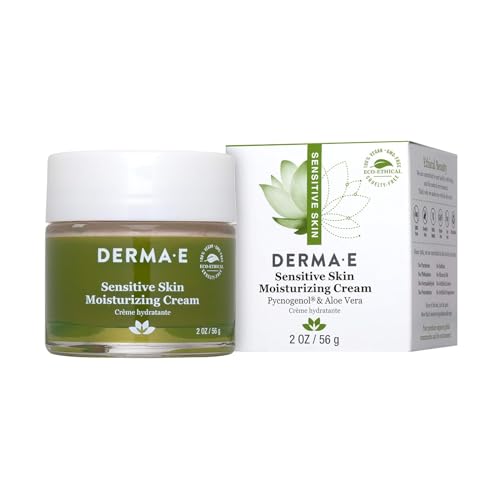

Identifying Potential Allergens and Irritants
Before diving into the world of face soothing creams, it’s crucial to know what ingredients could potentially trigger an allergic reaction or irritate your skin. Here are some common allergens and irritants to watch out for:
- Fragrances: Artificial fragrances are often the culprit behind allergic reactions. Look for products labeled “fragrance-free” or “unscented” to minimize the risk.
- Essential oils: While natural, some essential oils can cause allergic reactions or sensitivities in certain individuals. Be cautious if you have a known sensitivity to specific oils.
- Preservatives: Chemical preservatives like parabens and formaldehyde-releasing agents can cause irritation or allergic reactions in some people.
- Dyes and colorants: Artificial dyes and colorants can be potential allergens. Opt for products without added colors if you have sensitive skin.
- Common allergens: Ingredients such as lanolin, propylene glycol, and certain plant extracts can trigger allergic reactions in susceptible individuals. Check product labels and consult with a dermatologist if you have known allergies.
Choosing Hypoallergenic Options
Now that you know what to avoid, let’s focus on what to look for when selecting a face soothing cream. Hypoallergenic products are specially formulated to minimize the risk of allergies and irritations. Consider the following tips:
- Look for products specifically labeled “hypoallergenic.” This indicates that the manufacturer has taken precautions to reduce allergenic potential.
- Check for products that have undergone allergy testing or are recommended by dermatologists.
- Opt for creams with minimal ingredients and avoid those containing potential allergens or irritants.
- Choose products with gentle and soothing ingredients such as aloe vera, chamomile, or colloidal oatmeal.
- Conduct a patch test before applying any new product to your face. Apply a small amount to a small area of your skin and wait for 24-48 hours to see if any adverse reactions occur.
The Benefits of Fragrance-Free Options
While it’s tempting to indulge in products with pleasant scents, fragrances can be a common cause of skin irritation and allergies. Consider the following benefits of fragrance-free face soothing creams:
- Reduced risk of allergic reactions: Fragrance-free products eliminate the potential for fragrance-related allergies, making them a safer choice for those with sensitive skin.
- No clash with other scents: Using fragrance-free products allows you to wear your preferred perfume or cologne without worrying about conflicting scents.
- Enhanced product performance: Fragrance-free options often focus on the efficacy of the active ingredients, providing better results for specific skin concerns.
- Suitable for all ages: Fragrance-free products are generally safe for everyone, including babies and individuals with compromised immune systems.
Seeking Professional Advice
Achieving healthy and radiant skin is a goal shared by many. With the multitude of skincare products available in the market, finding the right one for your specific needs can be a daunting task. That’s where seeking professional advice from a dermatologist or skincare expert becomes invaluable. In this blog post, we will explore the importance of consulting with professionals and how it can lead to finding the most suitable face soothing cream for your unique skin concerns.
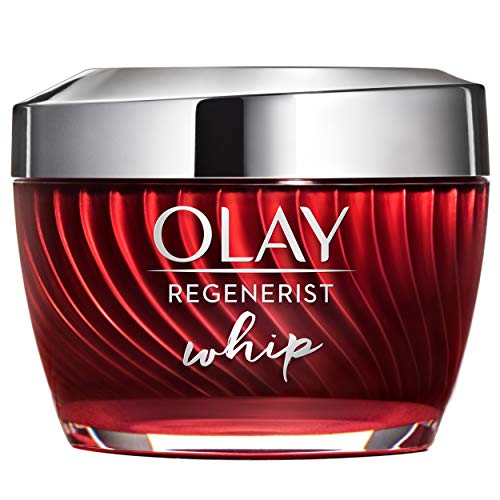


Understanding Your Skin Type
Determining your skin type is the first step towards an effective skincare regimen. While it may seem straightforward, the reality is that many people misdiagnose their skin type, leading to the use of inappropriate products that can exacerbate existing issues. By consulting with a dermatologist or skincare professional, you can accurately identify your skin type, whether it’s normal, dry, oily, combination, or sensitive. Here are the benefits of understanding your skin type:
- Tailored recommendations: A skincare expert can provide personalized recommendations based on your specific skin type, ensuring that the products you use are suitable for your skin’s unique needs.
- Targeted treatments: Knowing your skin type enables professionals to target specific concerns such as acne, dryness, or sensitivity, allowing for more effective and efficient treatment.
- Prevention of future issues: Professionals can also identify early signs of potential skin issues and provide preventive measures, helping you maintain healthy skin in the long run.
The Power of Professional Knowledge
Dermatologists and skincare professionals possess extensive knowledge and expertise in skincare. They stay up-to-date with the latest scientific research, breakthrough ingredients, and advances in skincare technology. By seeking their advice, you gain access to a wealth of information that can benefit your skin health. Here’s why their knowledge is invaluable:
- Product recommendations: Professionals can recommend face soothing creams that are specifically formulated to address your concerns, taking into account your skin type, sensitivity, and any existing conditions.
- Ingredient expertise: They can guide you on deciphering ingredient lists and help you understand which ingredients to look for or avoid based on your skin type and concerns.
- Treatment options: If your skin requires more advanced or specialized treatments, professionals can suggest non-invasive procedures or therapies that can provide optimal results.
Finding the Perfect Face Soothing Cream
With the guidance of professionals, finding the perfect face soothing cream becomes a breeze. They can help you navigate through the sea of products, ensuring that you select the one that meets your requirements. Here are the benefits of seeking professional advice in choosing a face soothing cream:
- Customized recommendations: Professionals can recommend face soothing creams tailored to your skin type, concerns, and preferences, ensuring optimal results.
- Effective ingredient combinations: They can guide you on the ideal ingredients to look for in a cream, such as antioxidants, hyaluronic acid, or soothing botanical extracts, to address your specific concerns.
- Safety and compatibility: Professionals can also help you avoid potential allergic reactions or adverse effects by considering any sensitivities or allergies you may have.
Making the Best Choice for Healthy, Nourished Skin
In conclusion, selecting the perfect face soothing cream requires careful consideration of one’s skin type, ingredient preferences, allergies, and seeking expert advice. By making an informed choice, readers can find a face cream that effectively nourishes and soothes their skin.
Frequently Asked Questions about Face Soothing Cream
What are the different skin types that exist and how can I determine my own skin type?
There are five main skin types: normal, dry, oily, combination, and sensitive.
Normal skin is well-balanced with a healthy complexion. It appears neither too oily nor too dry, with minimal blemishes and a smooth texture.
Dry skin lacks moisture and often feels tight or rough. It may appear dull, flaky, and have visible fine lines or wrinkles.
Oily skin produces an excess of sebum, resulting in a shiny, greasy complexion. It is prone to enlarged pores, acne, and blackheads.
Combination skin is a mix of different skin types, typically having an oily T-zone (forehead, nose, and chin) while the cheeks are drier. It requires a tailored skincare routine to address both areas.
Sensitive skin is easily irritated, reacts to various products, and may experience redness, itching, or burning sensations. It requires gentle and hypoallergenic skincare products.
To determine your skin type, you can perform a simple test. First, cleanse your face with a mild cleanser and gently pat it dry. After an hour, observe your skin:
– Normal skin will appear balanced, without excess oil or dryness.
– Dry skin may feel tight and show signs of flakiness.
– Oily skin will have a shiny appearance, especially in the T-zone.
– Combination skin may have an oily T-zone and drier cheeks.
– Sensitive skin may exhibit redness or irritation.
It’s important to note that your skin type can change over time due to various factors such as age, hormones, climate, or skincare routine. Consulting a dermatologist is advisable for a professional assessment of your skin type and personalized advice.

Hey, I’m Ava Wilson—a skincare enthusiast and a certified esthetician. I’m dedicated to sharing my knowledge and empowering others to achieve healthy, glowing skin through simple, effective routines and natural remedies. Join me on this exciting skincare journey, and let’s unlock your skin’s potential for a confident, beautiful you.


